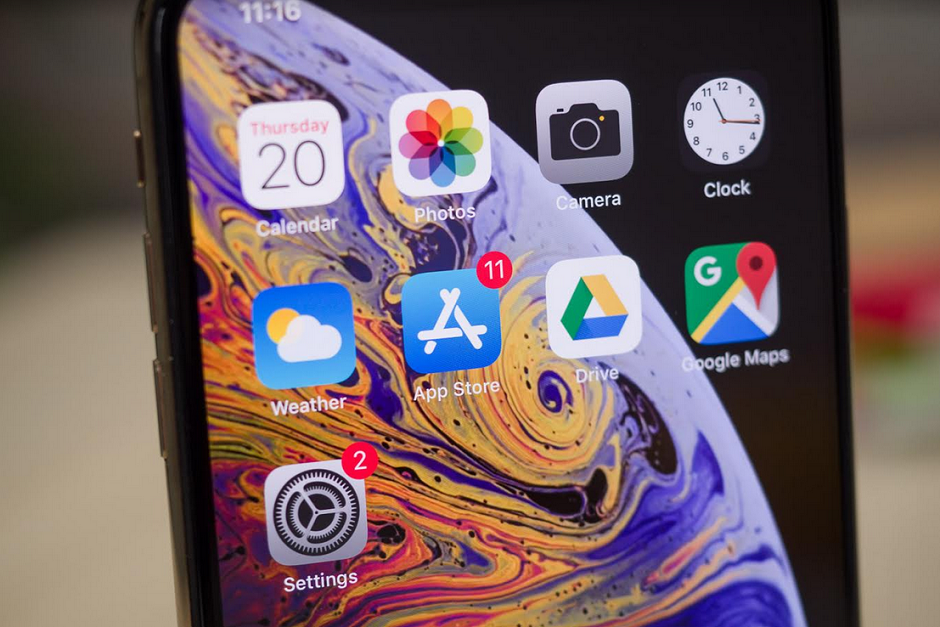Panel releases responses from Apple, Google, Facebook and Amazon related to antitrust probe

The House of Representatives Judiciary Committee today released written responses sent to them by four giant, iconic U.S. tech firms. Apple, Facebook, Google and Amazon were asked questions by the committee that is investigating the practices of the four firms to see if they violate antitrust policies in the states. More specifically, the probe is looking at the companies' collection of personal data and the lack of security protection pertaining to such data. According to Reuters, the committee is also looking into allegations that these tech companies abused their size and influence among consumers to damage their smaller rivals.
Google's response to the House's Judiciary Committee said that the company does not favor its own search engine (Google Search), video streaming site (YouTube) and mobile internet browser (Chrome) over the competition on its licensed version of the Android mobile operating system. Last year the European Commission fined Google the equivalent of $5 billion for requiring phone manufacturers to pre-install Chrome and Google Search on their Android phones, and for paying manufacturers to make Google Search the only search engine loaded on their handsets. In addition, the EC also found that Google would not allow manufacturers to sell phones loaded with unapproved versions of Android. In addition to the fine, Google was forced to to put up a couple of pages that only European consumers get to see the first time that they open the Google Play Store app. These pages list a selection of search engines and mobile browsers that users can choose from besides Google Search and Chrome.
Apple responded to questions about the App Store and its Safari browser
The response from Google pointed out that the majority of clicks made by users following the receipt of a Google search result are for sites that have nothing to do with the company. It said that video search results do not favor YouTube over videos posted on rival streamers, and that its word processing tools and other similar offerings are designed to work with all browsers, not just Chrome. Google told the committee that it could not provide some of the information that the panel asked for. When asked how many of its searches show the location of a business, Google replied, "We do not have a standard definition for what searches are considered 'location searches' and thus, cannot provide the specific information requested."
Apple has been under attack because of the 30% cut the company takes on in-app purchases and subscriptions purchased through its iOS app storefront (Apple reduces its cut to 15% after the first year of a subscription). Because the tech giant refuse to allow third-party app stores to be used with iOS, some app developers and consumers claim that this behavior violates antitrust laws. In fact, the U.S. Supreme Court ruled earlier this year that a lawsuit filed by plaintiffs claiming that they have to pay more for iOS apps because of the so-called 30% "Apple tax" can proceed. The responses that the company sent to the House Judiciary Committee were said to answer basic questions about its Safari browser, the 30% cut of in-app payments Apple takes, and the money it pays developers of App Store apps. But in typical Apple fashion, the company was light on providing details. When asked how much money it spent to develop the Apple Maps app that competes with Google Maps, the response was simply "Billions."

Apple was asked about the 30% cut it takes from in-app purchases and subscriptions paid for via its App Store
Amazon was asked about the aggregated data it collects from retailers on its third-party marketplace and told the committee that this data is used "for business purposes." It denied using the information to price, source or launch products with a private-label. Facebook admitted dropping certain apps from the developer platform that competed with Facebook's own features. For example, Twitter's Vine app allowed users to create six-second video loops, but Facebook dropped it stating that it was a replication of its News Feed. However, Facebook gave limited responses to questions about the way it handled other competitors. The committee asked Facebook for the "exact circumstances" that led it to remove certain apps like Phhhoto, MessageMe, Voxer and Stackla. The company's response was that Facebook "will restrict apps that violate its policies."
Follow us on Google News














Things that are NOT allowed:
To help keep our community safe and free from spam, we apply temporary limits to newly created accounts: